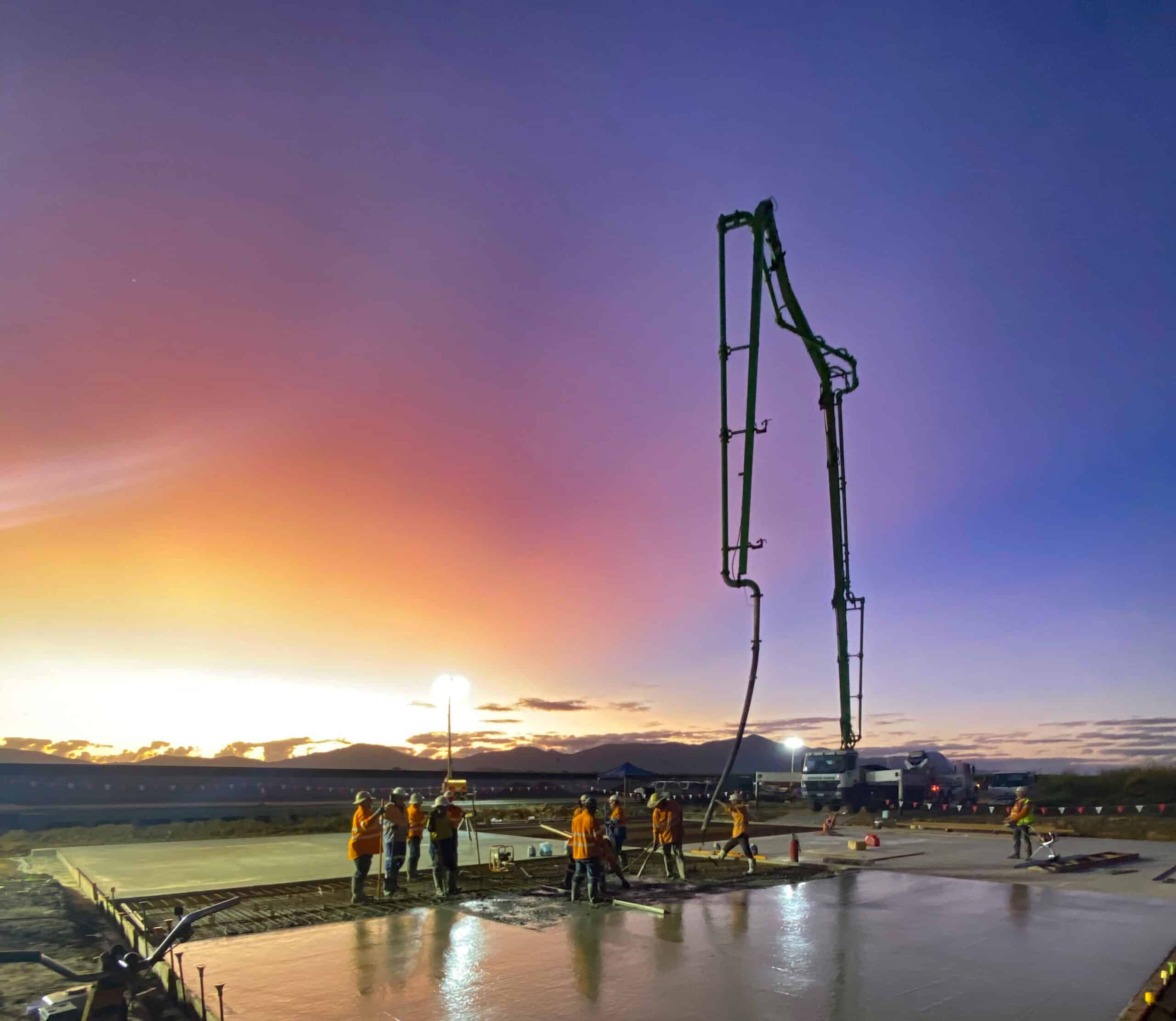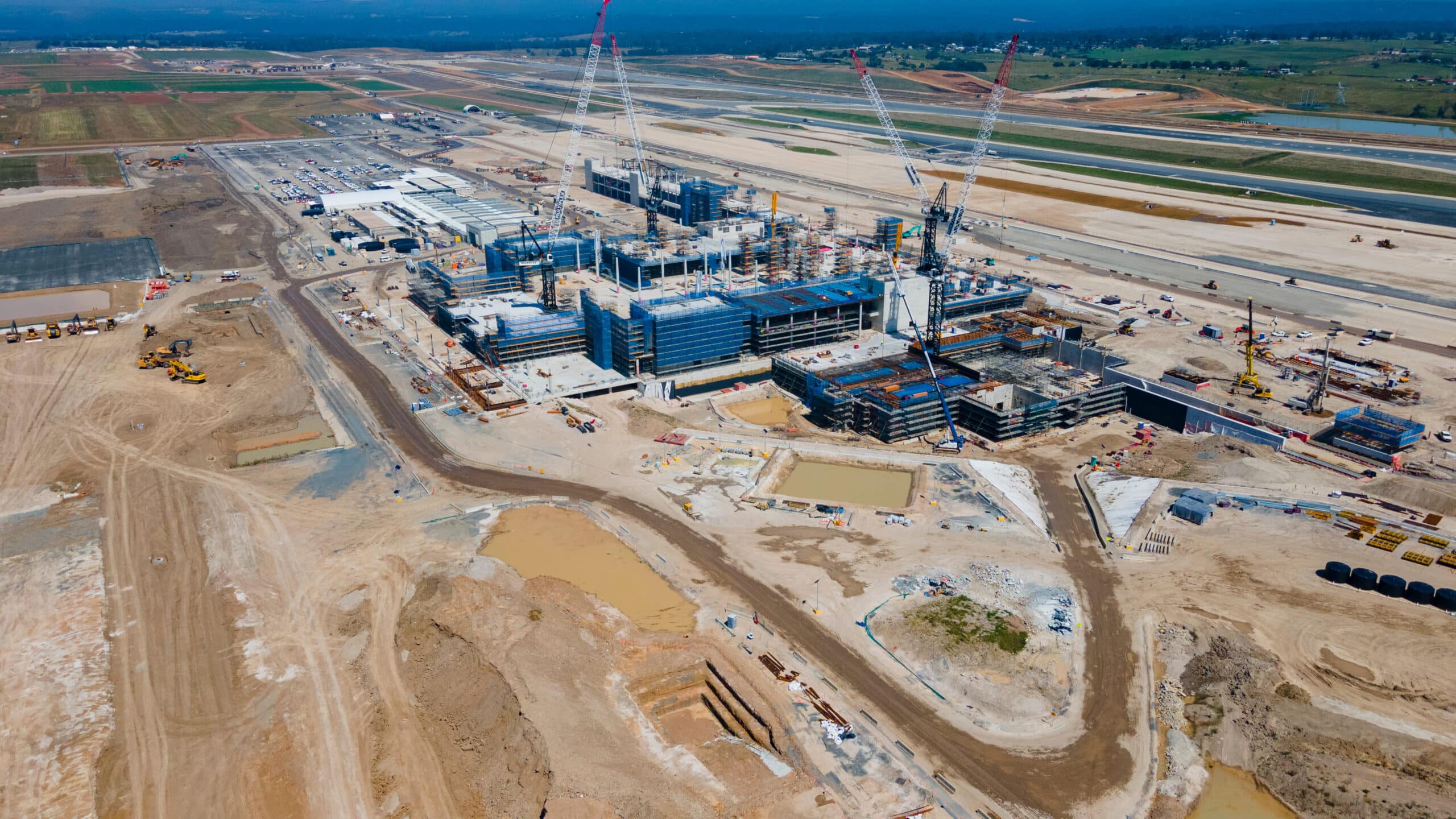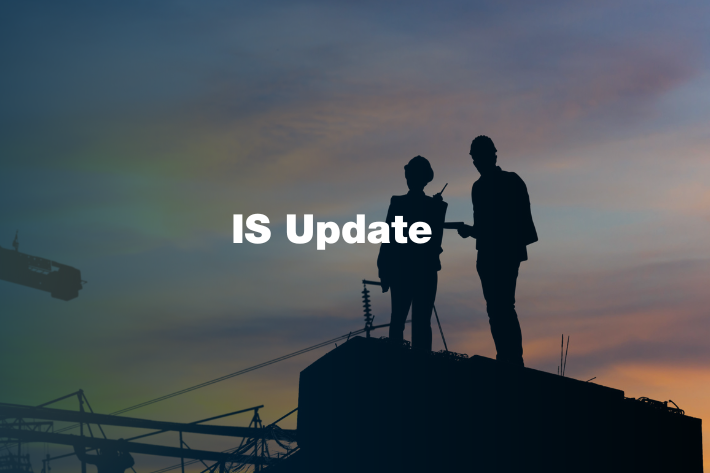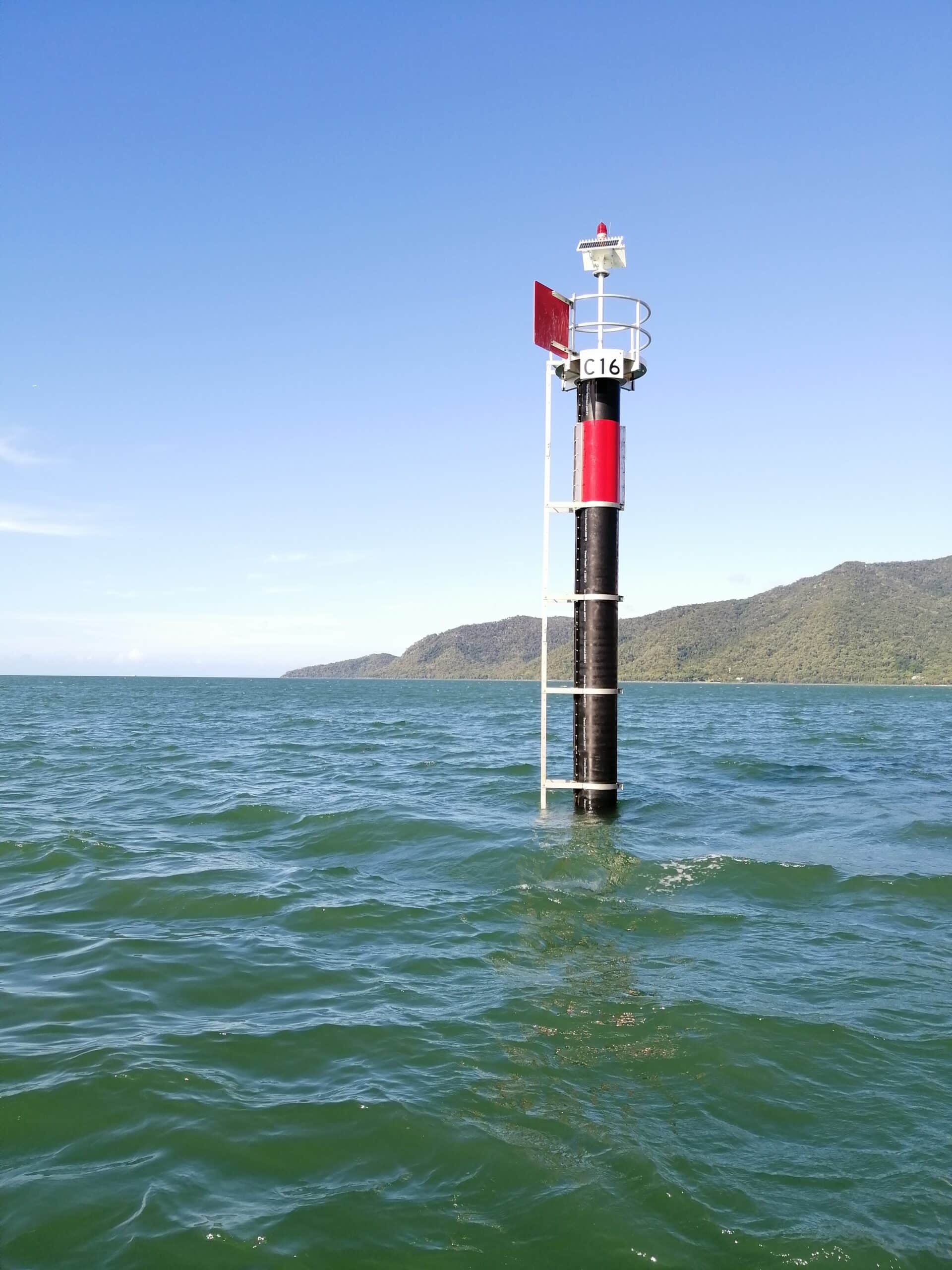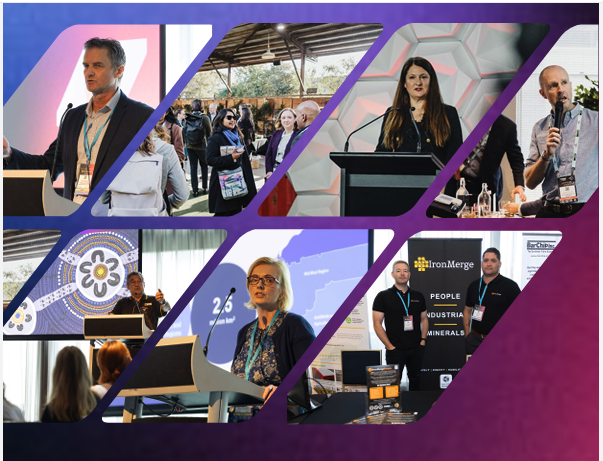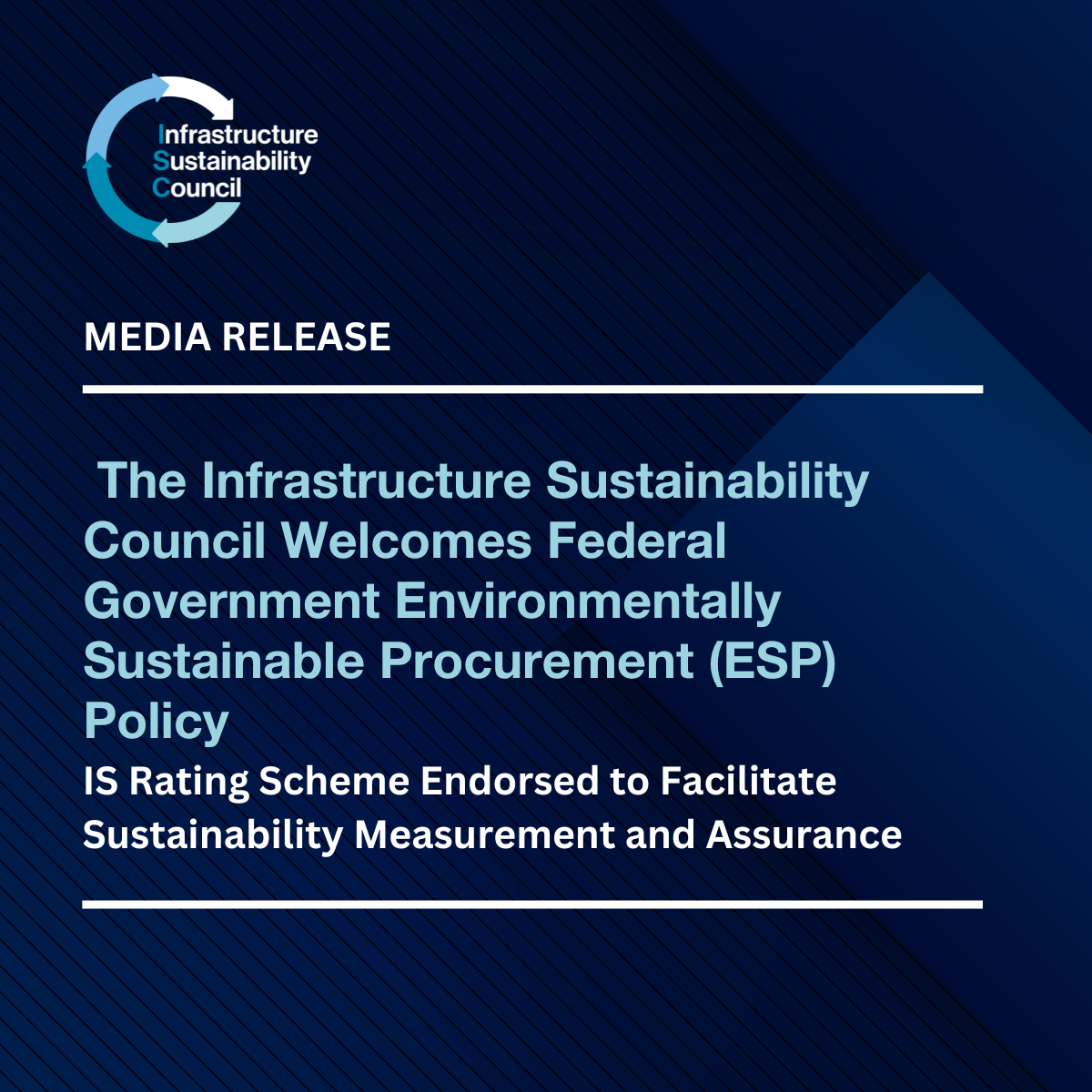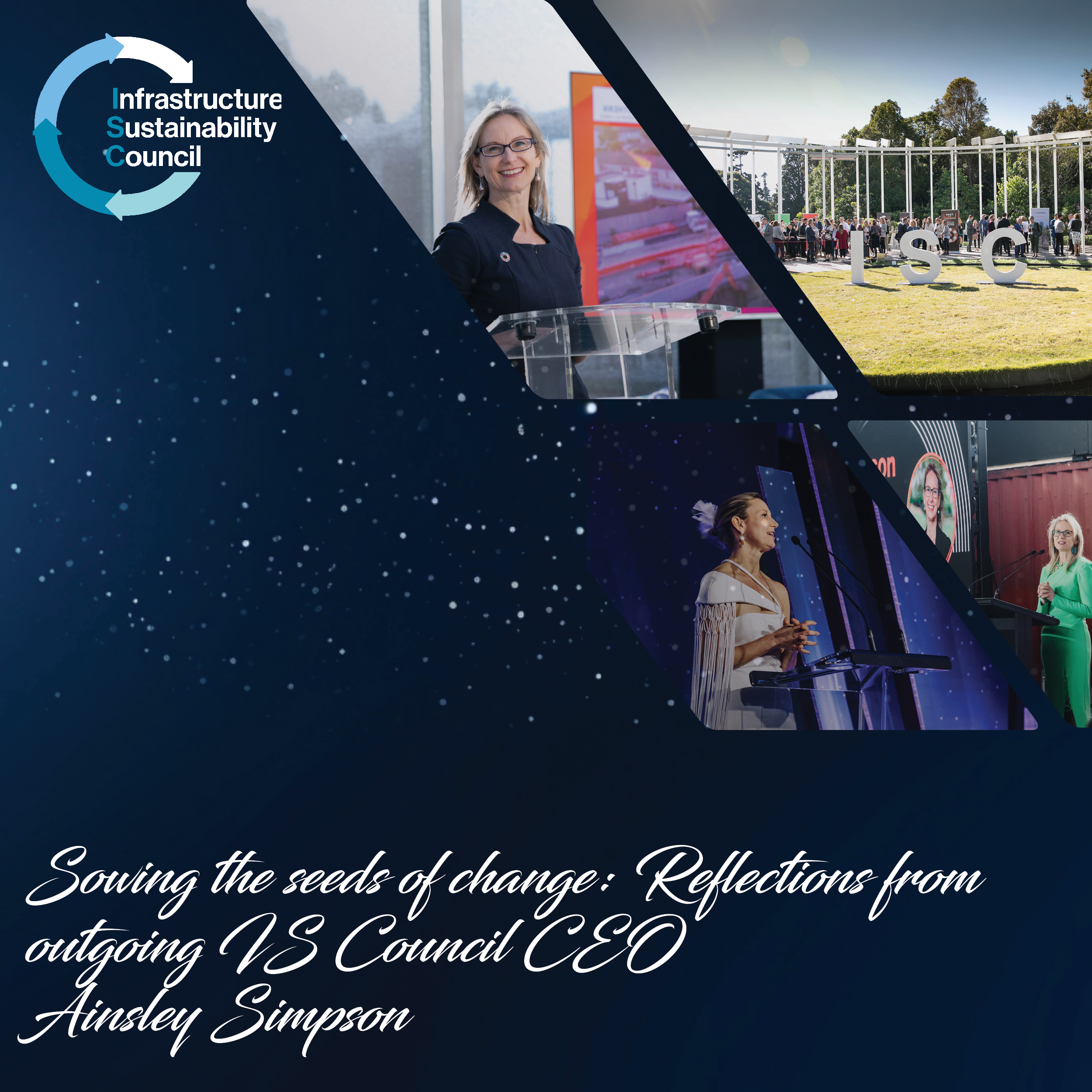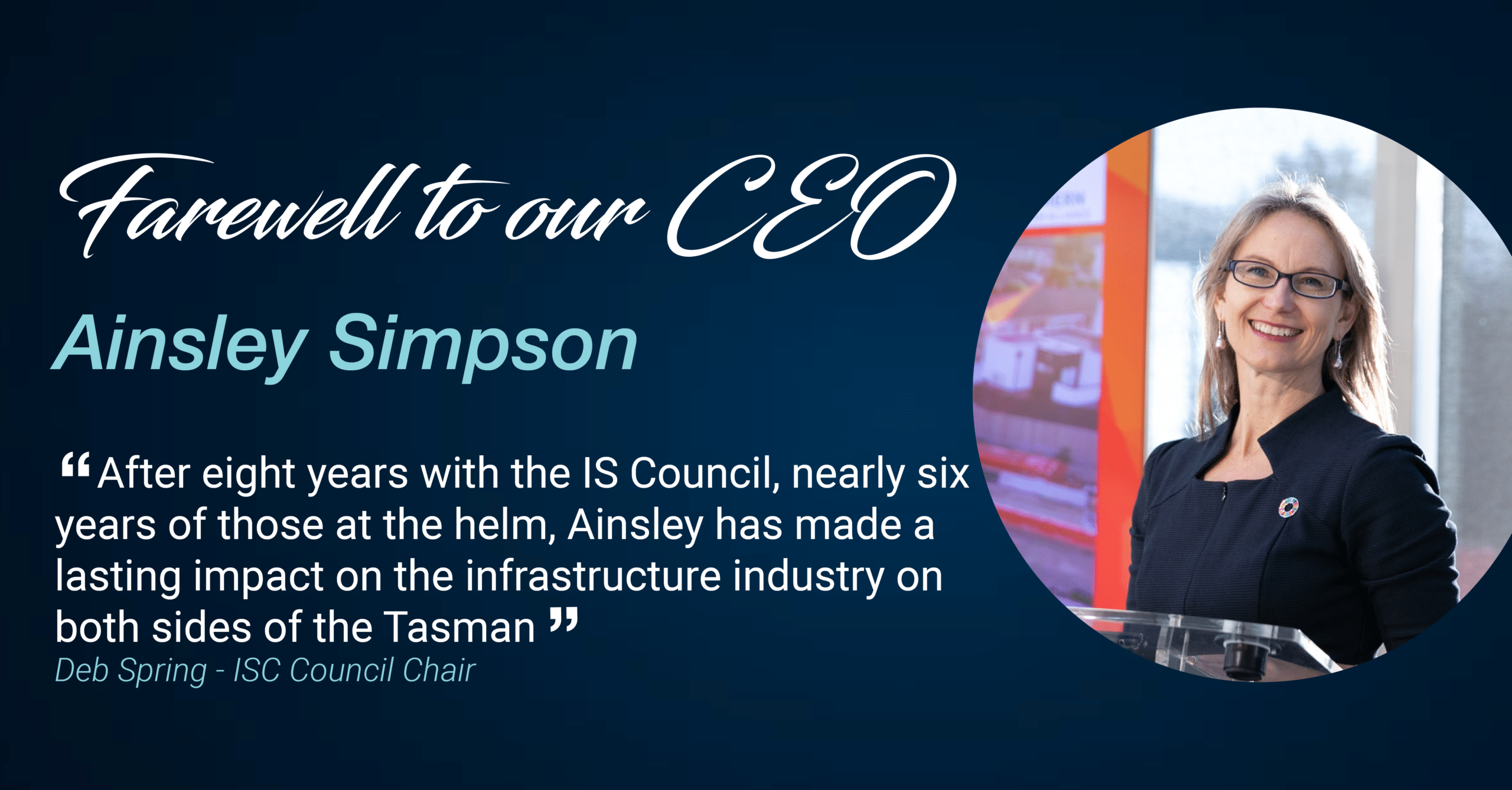The Verification and v2.1 Review workplans have been progressing well and are on track for a full roll out in August 2025.
Verification Workplan Update
The Verification and the Base Case Proposal and Materiality Assessment Procedures have been reviewed by the Verifiers, this feedback is currently being reviewed and incorporated into both documents.
During the initial consultation there were some risks identified by proponents, Verifiers and contractors. Below is a high-level summary of these risks, along with the way these risks have been addressed.
1. Consistency and Efficiency in Verification
• Risk Identified: How would the proposed changes improve consistency and efficiency in the verification process?
• Response: Employing a small, internal team that works across all materiality, base case and submission verification tasks will ensure a greater level of coverage and consistency as this will be their dedicated role. As such the ISQC team will be aware of the current state of play across all projects undertaking an IS Rating. Significant investigations were conducted to ensure these measures improve quality, credibility, and efficiency.
2. Implementation Details and Clarity
• Risk Identified: Concerns about potential delays and lack of detailed information, plus transparency and clear communication of expectations and requirements.
• Response: As discussed above there is a transparent, external-facing verification procedure outlining functions and resolution pathways, currently under review which addresses all of these concerns.
3. Qualifications and Expertise of ISC Quality Controller
• Risk Identified: Concerns about the qualifications and experience of the IS Quality Controller to fulfill their role effectively.
• Response: Part of the Verification Procedure will have the required skills and experience for the Verifier and IS QC. The IS QC will be part of a team with extensive experience in infrastructure delivery, verification, and project management, ensuring they have the necessary skills, tools and support.
4. Capacity, Turnaround time and Resources to Handle Workload
• Risk Identified: Concerns about ISC’s capacity to handle the increased workload and whether sufficient resources were allocated to ensure no delays in the process.
• Response The IS QC Roles will be additional to the ISPM’s and Regional Leads. During the development phase the expected workload was forecast with the resourcing for the IS QC role planned accordingly.
5. Conflict Resolution and Process Clarity
• Risk Identified: Concerns about the conflict resolution processes if there are differences of opinion.
• Response: The Verification Procedure outlining functions and resolution pathways, accompanied by existing informal and formal appeals procedures to handle disagreements.
IS v2.1 Review Workplan Update
Each of the different options are continuing to be developed further with some key tasks getting close to completion.
The recommendation for screening of credits ($100m-$499m) has had excellent feedback and is close to being finalised.
The macro review of credits has started strongly with initial feedback on proposed changes being sought from various Technical Working Groups this week. This includes a summarised form of the credit to allow for greater clarity.
The ISC detailed review of specific credits has started with significant help from sustainability professionals, including contractors, verifiers and consultants, who have experience in using the v2.1 tool.
The feedback that we have received so far has been excellent and has helped guide the steps in the process. We look forward to sharing more information as we continue the journey.
27 March 2025 – Update
As we move further into the year there is still plenty of work being undertaken in the IS Verification and v2.1 Review workplans.
Verification Workplan Update
The Verification and the Base Case Proposal and Materiality Assessment Procedures have been drafted and are currently with the Verifiers for their consideration. Once feedback from Verifiers is received, we will update and share the procedures more broadly for further feedback. These procedures also address some of the risks and opportunities that were identified from the stakeholder engagement.
Work has also commenced on the draft job descriptions for the new IS Quality Controller roles (IS QC) that will be needed to deliver the proposed changes.
IS v2.1 Review Workplan Update
A reminder that we are still requesting feedback on the recommendations that were made in the roundtable on 7 March 2025.
The macro review of credits has commenced, and a selection of draft credit reviews will be first shared with the IS Technical Working Groups next month prior to a wider review.
Lastly the engagement and feedback that we have received so far has been excellent and has helped guide the steps in the process. We stay committed to continuous engagement with our passionate sustainability community in order to improve our Rating tools and how they can be applied broadly.
Measure 2 – Fast-tracked Rating Tool Review – Macro level changes
Measure 3 – On-going IS v2.1 Technical Manual Review – Detailed technical improvements
- Webinar Recording with Details on Measure 3
- Provide Detailed Credit Feedback – Is v2.1 Design & As Built Tool
- Provide Detailed Credit Feedback – IS v2.1 Planning Tool
Measure 4 – Create Additional Rating Tool Pathways/ Rating Badges
7 March 2025 – Update
IS v2.1 Design & As-Built Rating Tool & Verification Workplan Update – Webinar Recording & Feedback Links
Measure 2 – Fast-tracked Rating Tool Review – Macro level changes
Measure 3 – On-going IS v2.1 Technical Manual Review – Detailed technical improvements
- Webinar Recording with Details on Measure 3
- Provide Detailed Credit Feedback – Is v2.1 Design & As Built Tool
- Provide Detailed Credit Feedback – IS v2.1 Planning Tool
Measure 4 – Create Additional Rating Tool Pathways/ Rating Badges
4 March 2025 – Update
As we go into autumn the ISC is continuing to work through our plans to gather your feedback, develop and implement changes to how we do business.
Verification Review
Thank you for all of the comprehensive feedback that we received on the proposed changes to the verification process. ISC will soon respond to that feedback to our stakeholders.
V2.1 Review
Later this week, the ISC will present, and start to gather feedback on, a number of proposed changes to the v2.1 Rating Tools. . Information on ISC’s proposals will be shared through the following forums:
- Webinar – Join us for a webinar on the 7th of March and hear from the team on where these workplans are up to. This session will be recorded and made available on the IS Council website following the conclusion of the online event. If you are unable to tune in live, we suggest that you still register by clicking here to ensure that you receive a copy of the recording.
- Technical Working Groups – within each of the existing Technical Working Groups, the ISC will be talking about the v2.1 Workplan and recommendations developed.
At the conclusion of these events, the ISC will provide links to information on the proposed changes, as well as details for how you can provide feedback.
Note that the V2.1 feedback portal for detailed credit level recommendations is still open and we encourage all sustainability professionals that are familiar with our v2.1 Rating tools to contribute where possible. We will keep this feedback open until the 21st of March.
V2.1 Feedback: https://forms.monday.com/forms/11f9830774b79ea418160010bacab258?r=use1
17 February 2025 – Update
ISC is continuing to develop and refine what we are implementing to address our stakeholders concerns across our tools and processes in both our Verification workplan and our review of v2.1 Rating tools. There are a number of ways that we would like to get your involvement at the moment.
Webinar
Join us for a webinar on the 7th of March and hear from the team at the Infrastructure Sustainability Council on where these workplans are up to. This session will be recorded and made available on the IS Council website following the conclusion of the online event. If you are unable to tune in live, we suggest that you still register via the link here to ensure that you receive a copy of the recording.
Verification Proposal
We received and collated feedback from across the Ratings/verification value chain for over 10 months to enable use to develop two significant changes to the verification process that are being proposed as part of the Verification Workplan. The first round of targeted stakeholder consultation has been completed and we are now broadening the feedback opportunity to all impacted by or engaged with IS Ratings.
Details can be found by clicking here.
Verification Feedback
We apologise for the tight timeframes and if you have feedback, please complete our questionnaire below by Monday 24th February. Given the significant input into the process to-date, we hope that our framing resonates with the majority of you, albeit that we always expect there to be a divergence of views.
Click here to provide feedback.
IS v2.1 Review
As part of our review of the ISv2.1 Ratings tools we have considered a significant amount of both high and detailed stakeholder feedback. We are committed to continuing on this basis and would like to invite the industry to provide detailed feedback at credit level for areas they have identified opportunities for improvement. We encourage all sustainability professionals that are familiar with our v2.1 Rating tools to contribute where possible. We will keep this feedback open until the middle of March.
IS v2.1 Design & As-Built Rating Tool – Click here to provide feedback
IS v2.1 Planning Rating Tool – Click here to provide feedback
3 February 2025 – Update
It has been a busy couple of weeks as the ISC has continued to work on both the verification workplan and the review of v2.1 plan.
As part of the verification workplan, two key recommendations have been communicated to relevant stakeholders. This consultation process will continue for several weeks and will help highlight any risks or opportunities from those recommendations. These will be carefully considered in the next step prior to the final recommendation being determined. This will also impact other actions including updating documentation and processes as part of the key outcomes.
With regards to the review of v2.1 the ISC team has undertaken a multi-criteria analysis to compare and contrast possible process improvements. This has been done to ensure that the recommended improvements are well analysed and reviewed. These recommendations are in the process of being finalised and reviewed internally. Some of the key technical stakeholder engagement will be closely focussed on projects, ISAPs and teams that have been practically involved with delivering a v2.1 Ratings.
We look forward to sharing more details and having a wider range of stakeholders involved as we continue along this improvement journey.
15 January 2025 – Update
Over the past year ISC has sought and received extensive feedback across all our activities, particularly in relation to the v2.1 Design and As-Built Rating, and our Verification processes more generally. This feedback has been collated through individual workshops, interactions with projects, annual feedback survey, high level meetings, CEO workshops and others. ISC would like to thank everyone for their time and insights. This has enabled us to consider how we are working with our stakeholders to ensure we are achieving our purpose. In response to the feedback, we have identified key areas for improvement and we have developed detailed workplans and proposals that we will be bringing to market over the coming months.
Positively, we heard that the market continues to see value in the role that the ISC and the IS Ratings tools play in driving sustainability outcomes across Australia and New Zealand. This was balanced by feedback regarding the v2.1 Rating Tool that highlighted concerns around a misalignment between the assessment of processes versus outcomes; the administrative burden associated with delivering an IS Rating, and questions about perceived value for money in application of an IS Rating. In addition, issues were raised regarding verification process and outcomes, including inconsistency of verification; extended timeframes; and inflexibility of verification approach.
In response to this feedback from our members and stakeholders, we have two key streams of work. They are:
– Updates to v2.1 Rating tool
– Verification process updates
As these streams of work progress, we will provide regular updates on outcomes through our communication channels, including ISC newsletter and direct mail. We will seek additional contributions on the implementation of the workplan items through targeted stakeholder engagement at particular project phases. The first phase of implementation stakeholder consultation will commence in February 2025.
As valued members and stakeholders of the ISC, we look forward to engaging with you collaboratively and ensuring that our tools and processes are up to date and fit for purpose.

